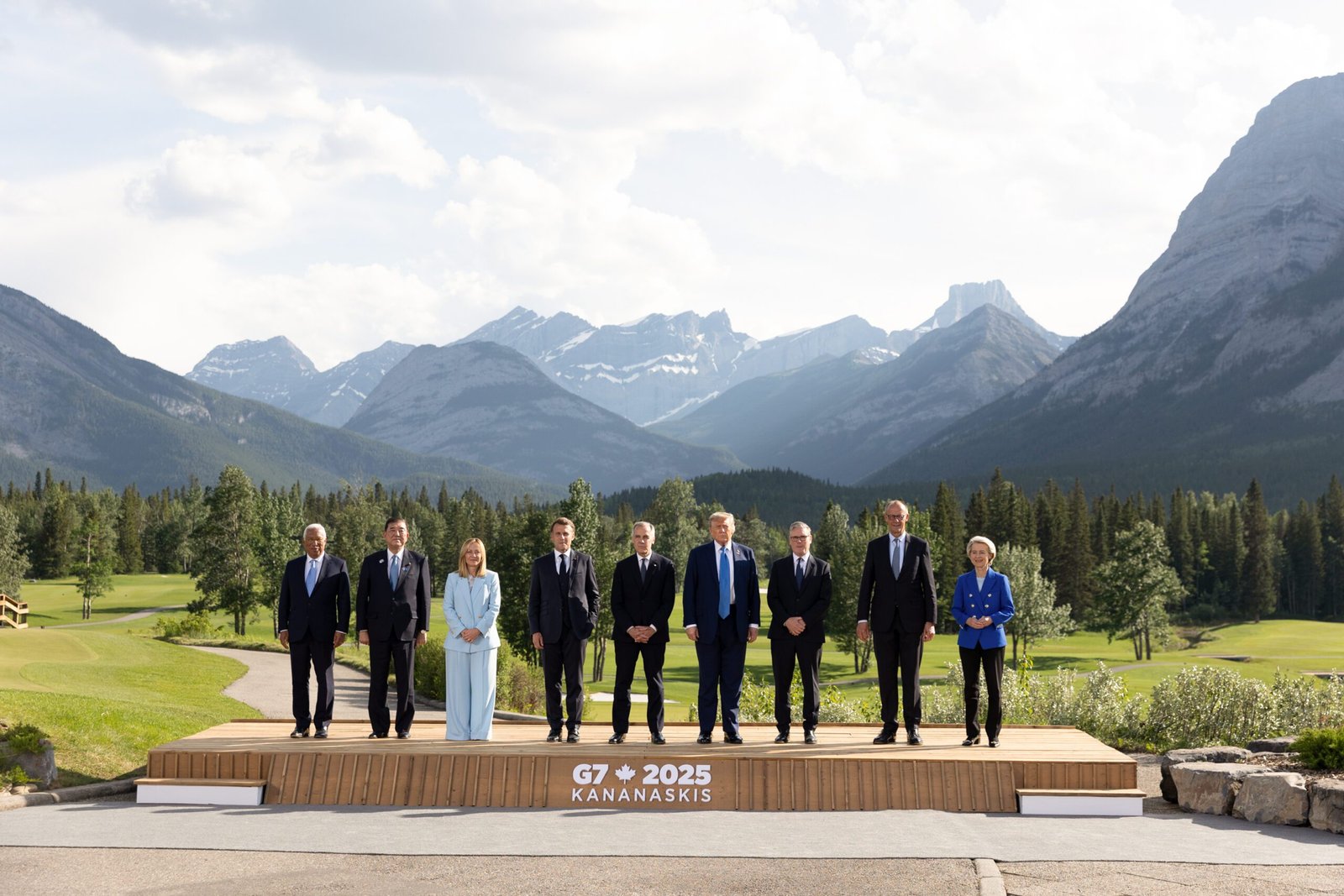
Global Democracies Unite Against Transnational Repression Targeting Diaspora, Activists
Banff, AB – The leaders of the G7 nations have issued a firm and coordinated condemnation of transnational repression (TNR) — a growing tactic used by authoritarian regimes to intimidate or silence individuals beyond their own borders.
In a detailed statement, the G7 warned that TNR, often targeting dissidents, journalists, human rights defenders, religious minorities, and diaspora communities, poses a threat not only to individual safety but also to national security, international law, and the freedom of expression.
“TNR has a chilling effect in our countries,” the leaders said, calling it an aggressive form of foreign interference. “We condemn all acts of transnational repression, including threats, violence, and cyber harassment.”
The G7 highlighted a range of disturbing TNR tactics, including:
- Physical violence, harassment, and abduction;
- Misuse of international legal tools to detain or forcibly return individuals;
- Passport confiscation and denial of consular services;
- Cyber harassment, online smear campaigns, and spyware surveillance;
- Threats against family members to silence targets abroad.
The leaders also expressed concern over the arbitrary detention of foreign nationals by certain regimes as a tool of political leverage.
G7 to Launch Coordinated Response
To combat the threat of TNR, the G7 announced new collaborative efforts:
- TNR Resilience and Response Framework: A strategic plan to enhance cooperation, share intelligence, and develop policy best practices.
- Digital TNR Detection Academy: A new initiative through the G7 Rapid Response Mechanism (RRM) to train officials in identifying and countering tech-enabled repression tactics.
- Victim Support Programs: Initiatives such as the Canada-UK Common Good Cyber Fund will offer aid to those at risk, including vulnerable civil society groups.
These measures build on the 2018 Charlevoix Commitment to defend democracy against foreign threats, and reflect the growing urgency to protect global democratic spaces.
The statement comes after the G7 Multistakeholder Dialogue on Transnational Repression, held in Ottawa in February 2025, which brought together governments, civil society, academics, and tech experts to share solutions and strategies.
“We will redouble our efforts to keep our communities safe, to defend human rights, and to safeguard our sovereignty,” the G7 declared.
With this renewed commitment, the world’s leading democracies are sending a clear message to repressive regimes: transnational repression will not go unchallenged.
The 51st G7 Summit is being held in Kananaskis, Canada
